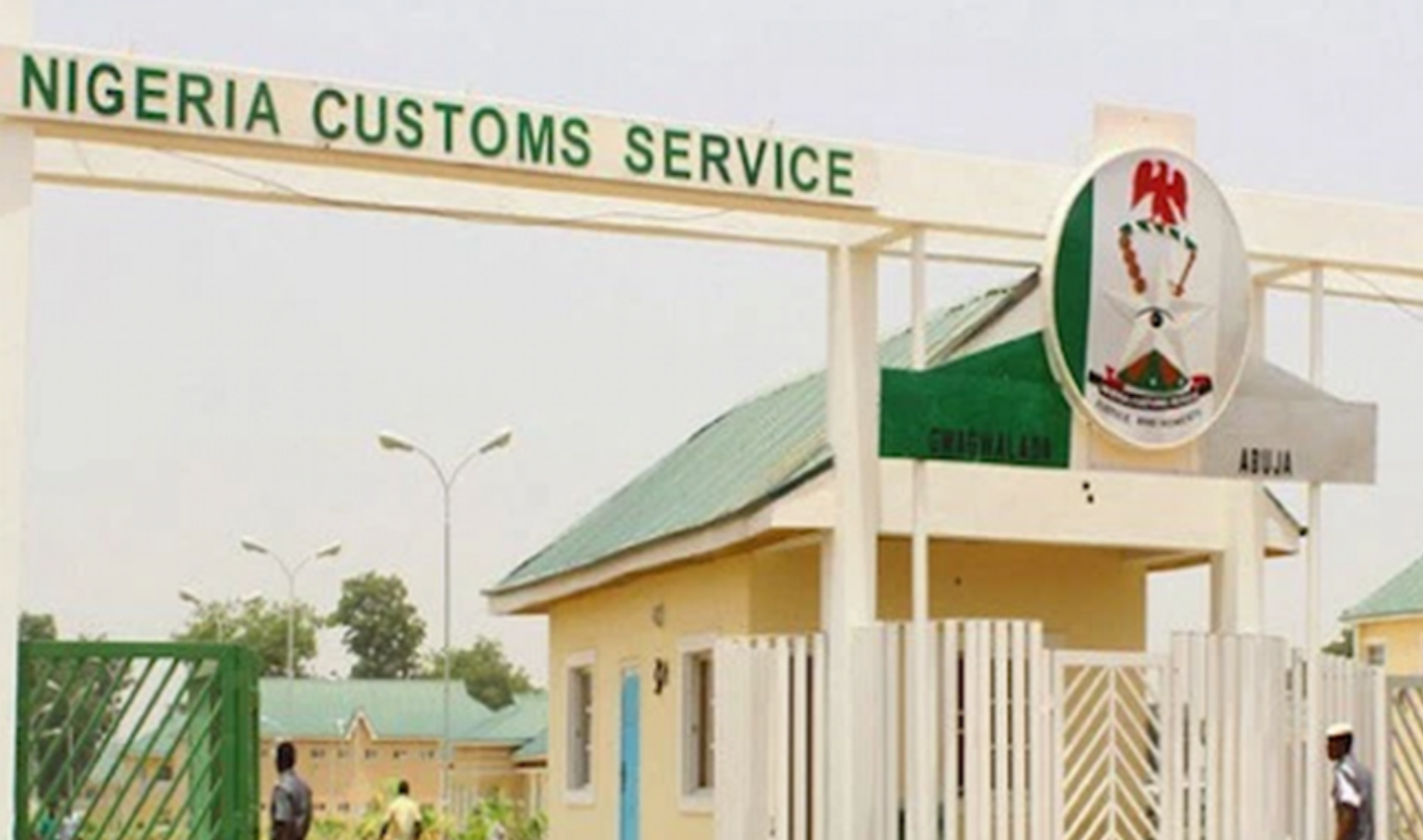By Ayomide Otitoju
The Nigeria Customs Service (NCS) announced it has exceeded its revenue target for the first half of 2024. According to a statement signed by Chief Superintendent of Customs and National Public Relations Officer Abdullahi Maiwada on Monday, the NCS achieved ₦2.74 trillion in revenue, surpassing its target of ₦2.54 trillion by 8% and marking a 127% increase over the previous year’s revenue.
The statement highlighted that the NCS collected ₦1.395 trillion in the second quarter alone, exceeding the quarterly target by 10% and representing a 131% increase over Q2 2023. Key initiatives contributing to this success include the e-auction platform, which generated over ₦1.34 billion, and the 90-day duty payment window for uncustomed vehicles, which added ₦4.37 billion to the revenue. These measures have significantly enhanced transparency, compliance, and efficiency in customs processes.
In its anti-smuggling operations, the NCS reported notable achievements in the first half of 2024. From January to June, it made 2,442 seizures with a Duty Paid Value (DPV) of ₦25.5 billion, a 203% increase over the first half of 2023. In the second quarter alone, the NCS made 1,334 seizures with a DPV of about ₦17.6 billion, representing a 121% increase over the first quarter of 2024. Seized items included wildlife, vehicles, arms and ammunition, foreign rice, pharmaceuticals, and narcotics, with 32 suspects in custody.
Regarding trade facilitation, the NCS processed 620,467 Single Goods Declarations (SGDs) in the first half of 2024, reflecting a 39% reduction compared to the same period in 2023. Despite this decline, the NCS implemented several initiatives to simplify and expedite customs processes, including reinforcing automation procedures, capacity-building programs for officers, and public-private partnerships to enhance customs clearance efficiency.
The NCS also faced several challenges in the first half of 2024, such as significant fluctuations in the exchange rate, lower transaction volumes, low compliance levels among importers and exporters, and periodic system downtimes. These issues impacted revenue consistency and operational efficiency.
To address these challenges, the NCS implemented strategies such as real-time system auditing, post-clearance audits, verification of documents for the Pre-Arrival Assessment Report (PAAR), ensuring compliance with import guidelines, and a pilot test for the Authorized Economic Operators (AEO) scheme. Additionally, the NCS introduced the Advance Ruling System (ARS), a legally binding decision on classification, valuation, and rules of origin before the importation or exportation of goods.
Other measures to increase revenue included establishing a robust framework for dispute resolution, launching Operation Whirlwind, reshuffling strategic-level officers, and engaging stakeholders effectively.






